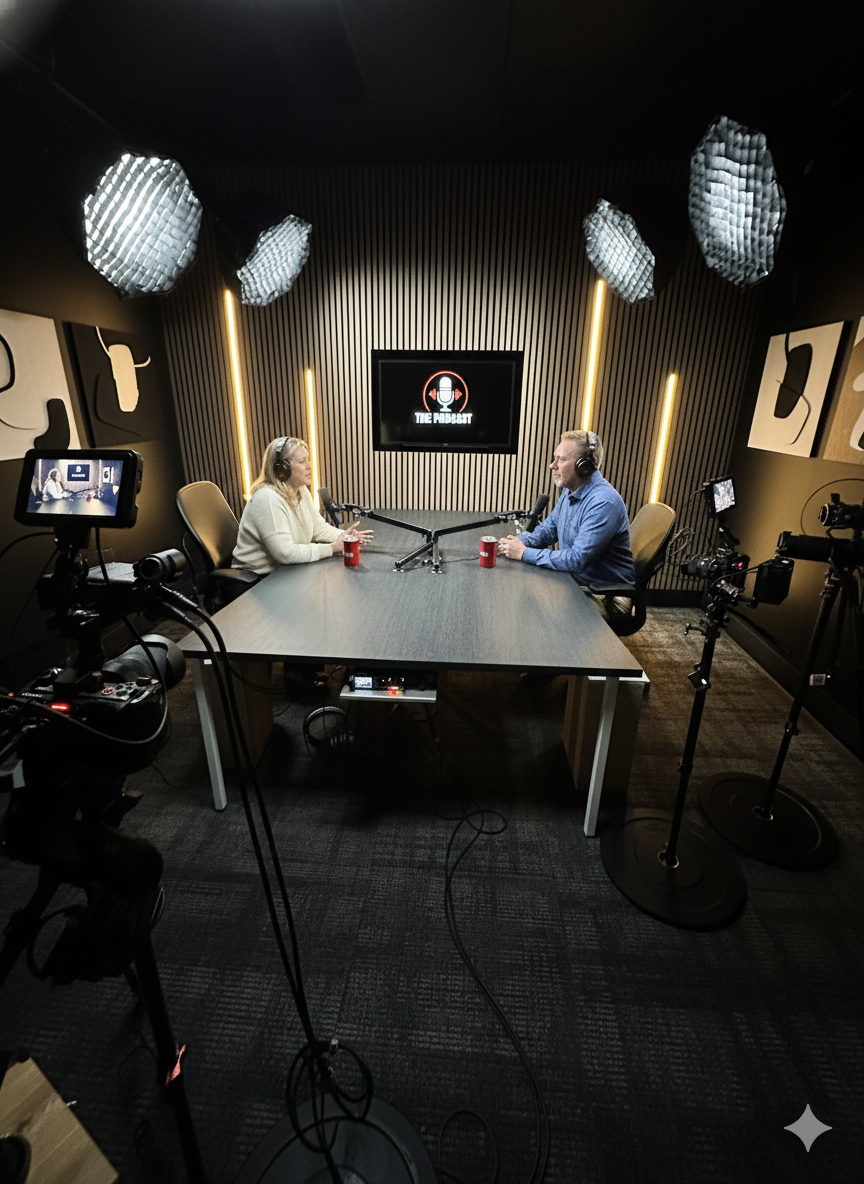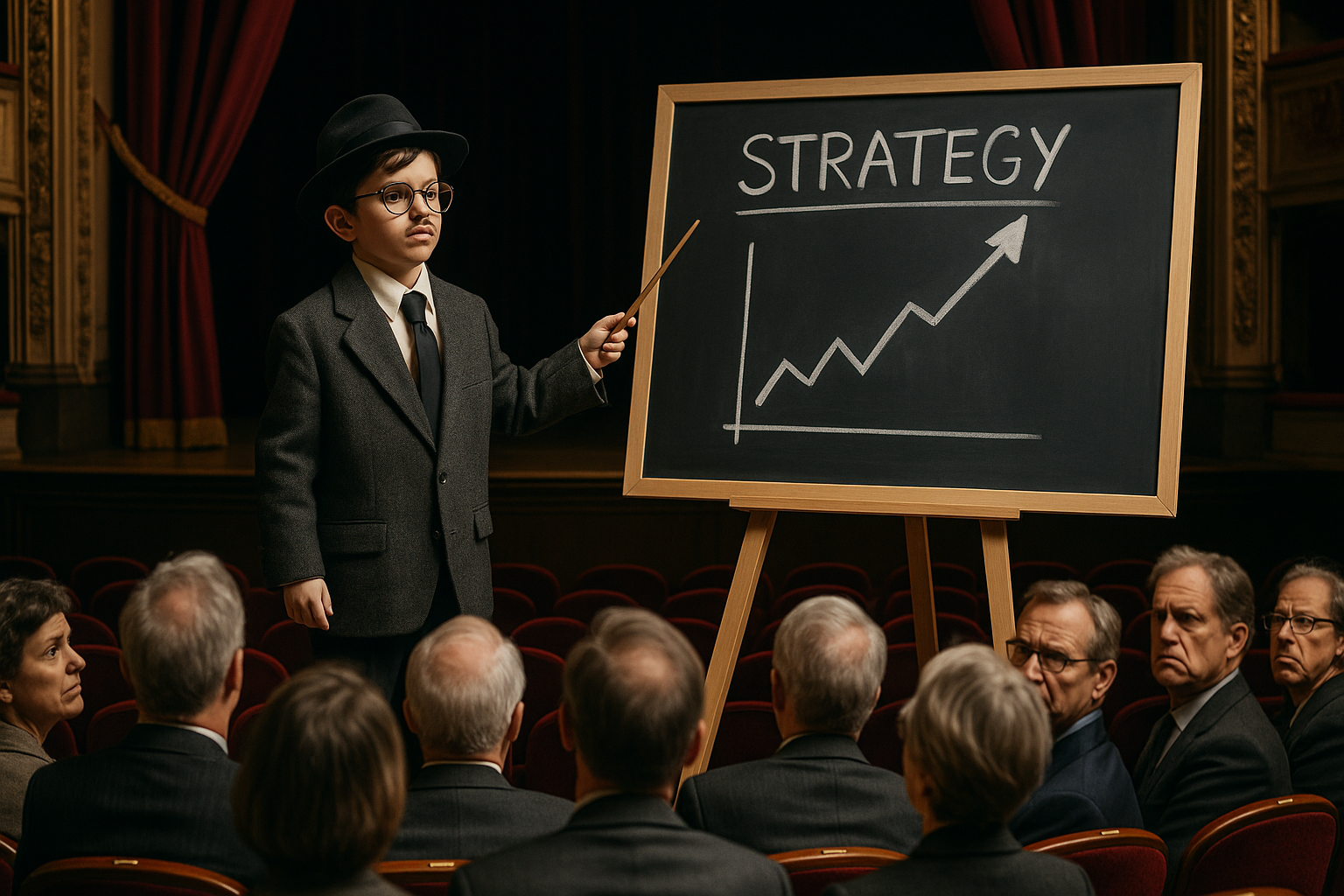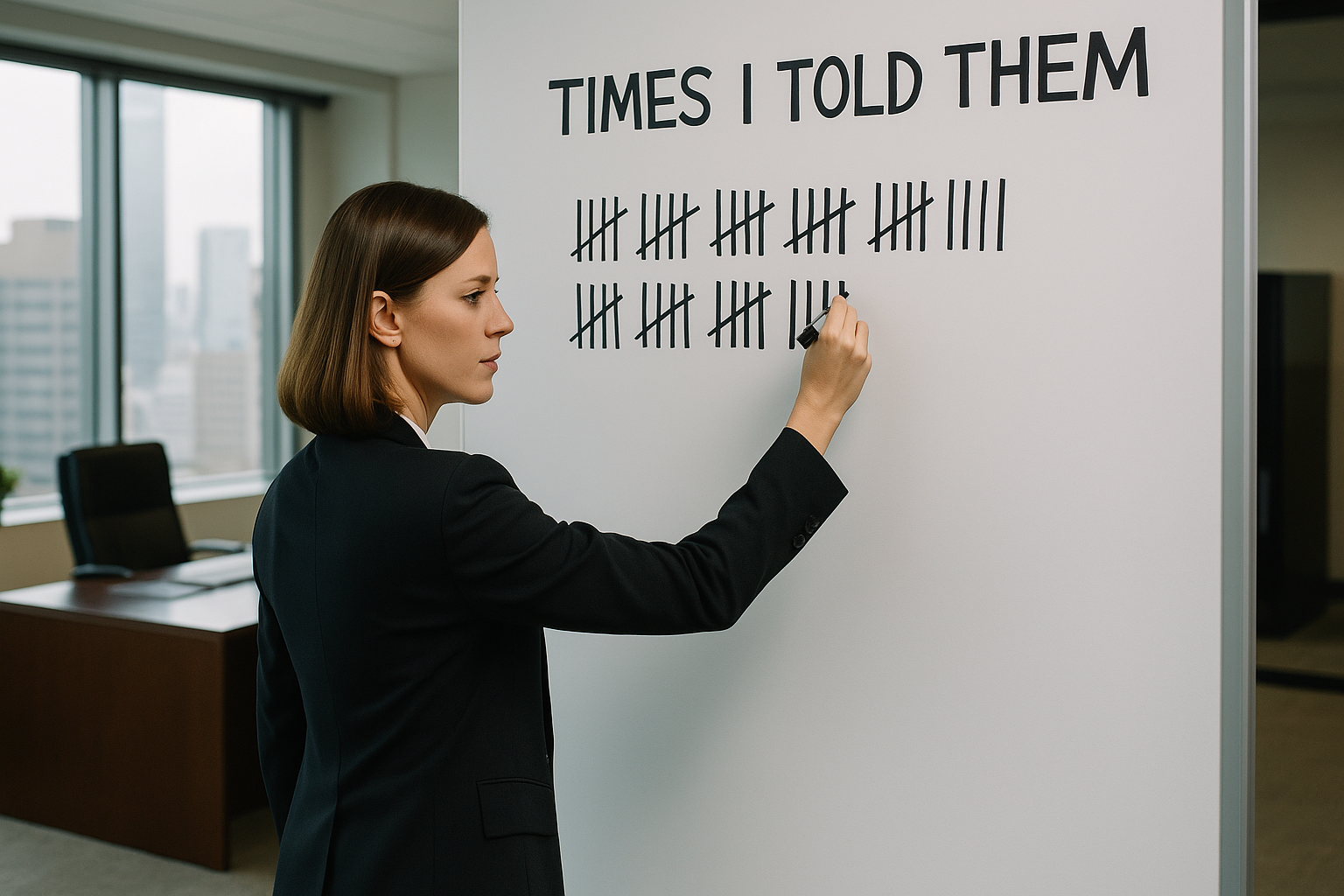How Marketing Can Get Leaders on Camera—Without Begging
In B2B companies, marketing is often stuck in a frustrating loop: leadership agrees that video is important, everyone no …
Case Story > Case Study: How to Turn Customer Experience into a Sales Weapon
There’s a silent epidemic in B2B marketing: the boring case study.
Stop Pitching Podcasts To Your Executive Team.
Ask a B2B marketing team if they’ve pitched a podcast to leadership. Now ask how many got a yes.
Why Most B2B Thought Leadership Is Just Corporate Theater
“Thought leadership” might be the most abused term in B2B marketing.
Why Most B2B Testimonials Are Just Noise (And How to Fix Them)
Visit any B2B website and you’ll find a wall of predictable praise: “Great team to work with.” “They delivered on time.” …
Your Content SHOULD Repeat Itself
You’ve said it before. You’ve posted about it. You made a video. You even put it in a deck.
How to Get Your Experts on Camera (Even If They Hate It)
Let’s be honest, most of your subject matter experts don’t want to be on camera.








